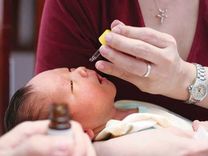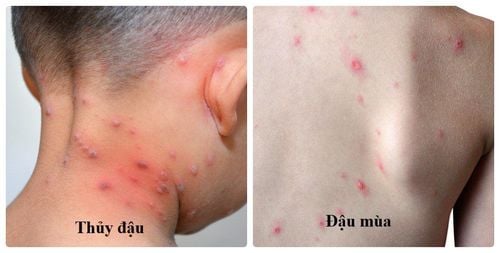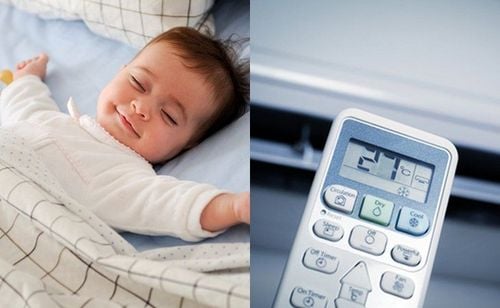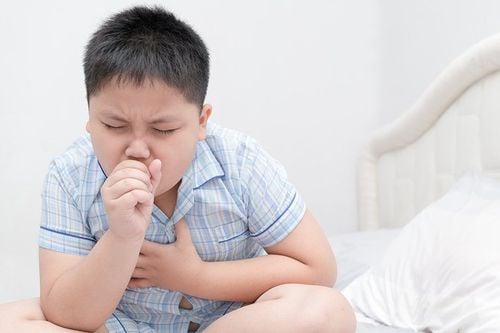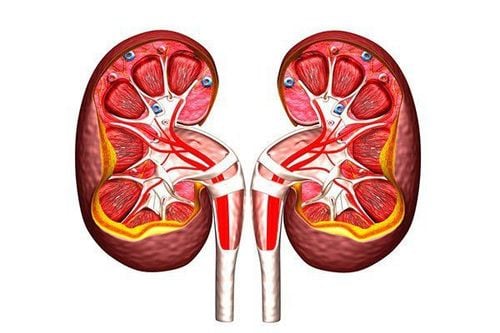Paracetamol is a widely used antipyretic medication for both adults and children. However, the dosage of paracetamol for children based on weight is not always as straightforward as 10-15 mg/kg for all cases, as parents often believe.
1. What is Paracetamol?
Paracetamol belongs to the pain reliever and fever reducer group, commonly used to treat symptoms such as fever, headache, muscle pain, joint pain, back pain, toothache, and flu-like symptoms. It helps relieve pain in individuals with mild arthritis but does not have an effect on more severe inflammation (such as in Osteoarthritis).
2.Paracetamol dosage
Paracetamol is an over-the-counter fever-reducing medication that can be purchased without a doctor's prescription. However, this does not mean the drug is harmless or can be used without caution. Any medication, if overdosed, can lead to serious consequences. For adults, the maximum allowable dose of Paracetamol is 4g/day.
Oral Paracetamol dosage:
10-15 mg/kg every 4-6 hours
Doctors recommend not exceeding five doses or 75 mg/kg within 24 hours.
Suppository dosage:
Recommended at 10-20 mg/kg per dose, every 4-6 hours as needed.
Do not exceed 5 doses or 75 mg/kg within 24 hours.
When using suppositories, the drug is absorbed into the body and provides rapid fever reduction. Parents must include this form of administration in the total daily dosage, as ignoring it can lead to dangerous overdoses.
Currently, Paracetamol is available in various formulations such as tablets, sachets, effervescent tablets, liquid forms, and suppositories. Among these, the liquid form is preferred for children due to its ease of use and precise dosing.
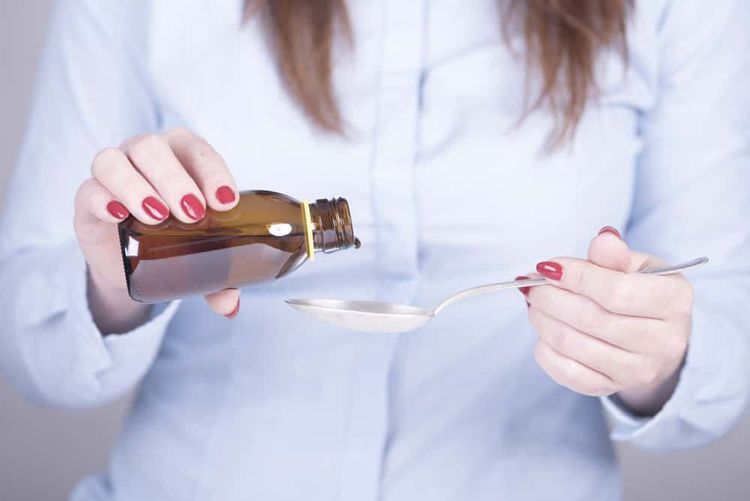
Typical paracetamol dosage for children
Typical paracetamol dosage for children
Manufacturers recommend that determining the dosage based on body weight is the most accurate and appropriate method. However, in cases where the child’s weight is unknown or for convenience when administering medication at home, parents can refer to the dosage guidelines below:
For oral Paracetamol:
Usual dosage for children under 12 months old.
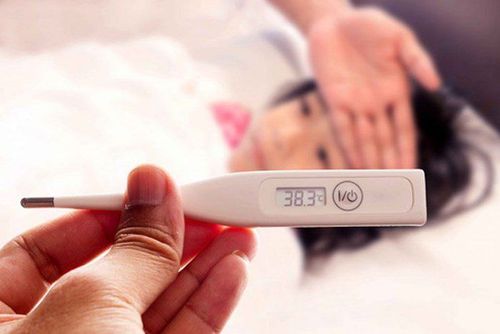
For suppository Paracetamol:
Children aged 6–11 months: 80 mg every 6 hours, up to a maximum of 320 mg/day.
Children aged 12–36 months: 80 mg every 4–6 hours, up to a maximum of 400 mg/day.
Children aged 3–6 years: 120 mg every 4–6 hours, up to a maximum of 600 mg/day.
Children aged 6–12 years: 325 mg every 4–6 hours, up to a maximum of 1625 mg/day.
Children over 12 years old: 650 mg every 4–6 hours, up to a maximum of 3900 mg/day.
3. Medication Usage
For Oral Paracetamol:
- Use a specialized measuring spoon or dosing device to measure liquid paracetamol.
- Shake the liquid well before each use and follow the instructions on the label.
For Suppositories:
Do not swallow suppositories
Parents should wash their hands thoroughly before and after administering the medication. Ensure the child uses the restroom before inserting the suppository. Position the child lying on one side with their knees pulled up to their chest. Gently insert the suppository into the rectum, ensuring the smaller end goes in first. Then, close and hold the child’s buttocks together for 2-3 minutes. Keep the child lying still for about 10 minutes to prevent the suppository from falling out.
- If the suppository has softened, place it in the refrigerator to harden, making it easier to insert.
Thus, based on the above recommendations, parents can calculate a more accurate paracetamol dosage for children based on their weight. However, it is important to note that paracetamol is only a symptomatic treatment for fever and pain relief; it does not address the underlying cause. Therefore, in critical cases, such as persistent high fever or fever caused by other underlying issues, parents should take the child to a medical center for proper diagnosis and timely treatment.
As a key area of Vinmec Healthcare System, the Pediatric Department consistently delivers high satisfaction to customers and is highly regarded by healthcare professional for:
- A team of highly qualified pediatrician and healthcare professional, including professors, associate professors, PhDs, and Masters, with extensive experience from leading hospitals such as Bach Mai and Hospital 108. These doctors are well-trained, professional, compassionate, and deeply understanding of children’s psychology. In addition to domestic pediatrician, the VinMec pediatric department also collaborates with international experts from countries like Japan, Singapore, Australia, and the USA, who are at the forefront of applying the latest and most effective treatment guidelines.
- Comprehensive Services:
In the field of pediatrics, Vinmec offers a complete range of continuous medical examination and treatment services, from newborn care to pediatric healthcare and vaccinations, all adhering to international standards. This ensures comprehensive support for parents in caring for their child’s health from birth to adulthood. - Advanced Techniques:
Vinmec has successfully implemented many advanced techniques to enhance the effectiveness of treating complex pediatric diseases, such as neurosurgery, cranial surgery, and hematopoietic stem cell transplantation for cancer treatment. - Professional Care:
In addition to understanding children’s psychology, Vinmec pays special attention to creating play areas for children. These spaces allow children to feel comfortable, familiarize themselves with the hospital environment, cooperate during treatment, and improve the effectiveness of medical care.
To reserve a consultation and treatment with a pediatrician at Vinmec International Hospital, please follow the instructions.
Please dial HOTLINE for more information or register for an appointment HERE. Download MyVinmec app to make appointments faster and to manage your bookings easily.





